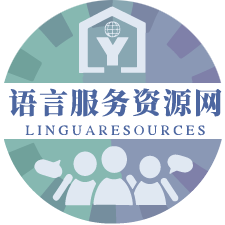ITI launches sector-specific translation guides
There is a growing appetite for more content to be translated into more languages, and while it may be acceptable to use technologies such as AI for some of the low-risk translation tasks there are many occasions when the skills and knowledge of a profession translator are required to ensure that the job is done well.
There is much more to translation than simply transferring words from one language into another. Professional translators understand how to adapt your documents, brochures and media content to the cultural norms, idioms and preferences of the target audience.
But every industry also has unique translation needs and one size doesn’t fit all. This is one of the reasons why many professional translators specialise in particular sectors. They bring added value to your projects because their specialist knowledge of your field means that they are highly tuned to your terminology and processes, and fully understand the nuances that are crucial to effective communication in your industry.
With this in mind we are launching a series of guides to help clients in different industries get the best from their translation projects. Our guides are designed to provide sector-specific advice so buyers can gain an understanding of the translation process and make informed decisions, ensuring your translations are effective, appropriate and have maximum impact.
Our first guide – Translation and Museums – supports museum and heritage professionals in managing translated text in everything from curating exhibitions to writing multimedia content. It explains the benefits of translating texts and offers tips from professional translators working in the cultural sector.
Download the guide here:
More guides are in the pipeline and we plan to publish advice for the legal, medical and construction sectors soon. If there is a specific sector you would like us to cover contact us on









